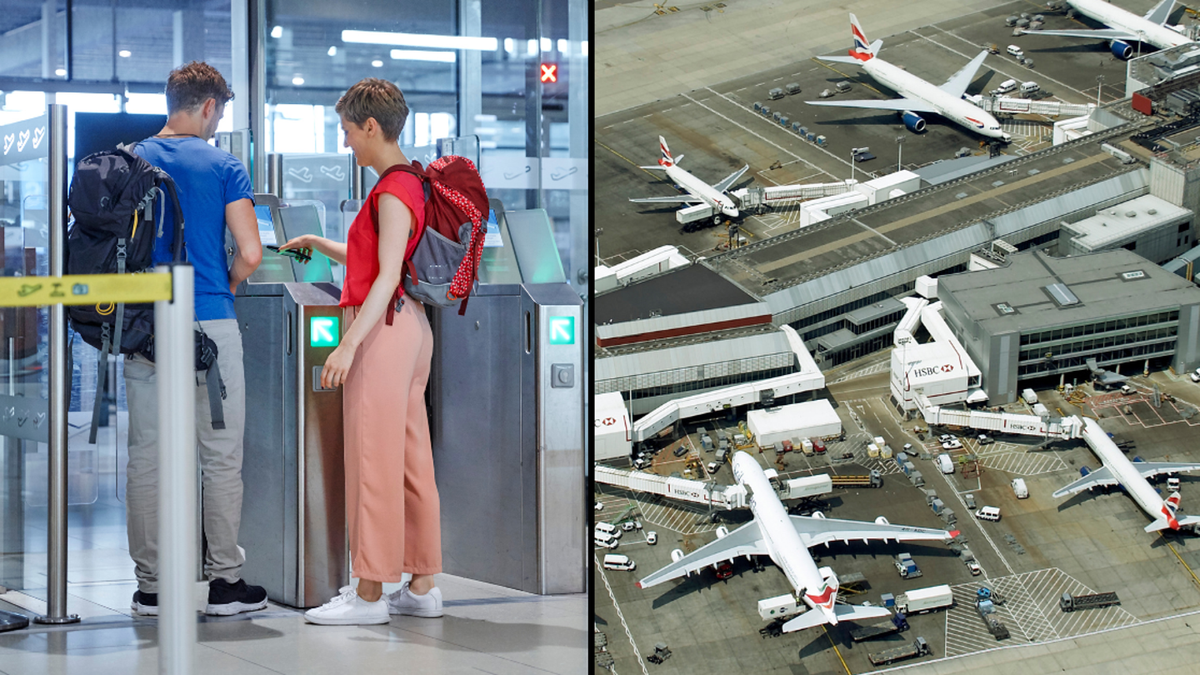Disney on Thursday reported fourth-quarter adjusted profits that surpassed Wall Street's expectations. Driven by strong performances from its entertainment division and streaming services, these results highlight the company's successful strategy in capitalizing on high-demand content and digital offerings.
Disney posted earnings of $460 million, or 25 cents per share, for the quarter ending Sept. 28, a significant increase from the $264 million, or 14 cents per share, it earned during the same period last year.
How Much Are Disney Shares Worth?
Excluding certain items, Disney's earnings reached $1.14 per share, surpassing the $1.09 per share expected by analysts surveyed by Zacks Investment Research. Following the report, shares rose nearly seven percent in pre-market trading on Thursday. Revenue increased by six percent to $22.57 billion, slightly under Wall Street's estimate of $22.59 billion, reflecting solid growth despite a minor shortfall.

Operating income for Disney's entertainment segment, which encompasses its movie studio and parts of its television division, surged over fourfold to $1.07 billion. The company also reported substantial progress in its direct-to-consumer business, achieving a quarterly operating income of $253 million—an impressive turnaround from last year's $420 million operating loss. Revenue for this segment grew by 15 percent to $5.78 billion, underscoring the strength of Disney's streaming services.
Are Disney Streaming Services Profitable?
Disney's combined streaming businesses—including Disney+, Hulu, and ESPN+—achieved profitability for the first time in the third quarter. This milestone highlights the company's progress in scaling its streaming operations and managing costs to drive financial gains in the competitive streaming market.
Disney attributed the improved results in its direct-to-consumer growth in subscription revenue, driven by higher retail pricing and an expanding subscriber base. Additionally, advertising revenue rose, while marketing costs for Disney+ decreased, all contributing to the strengthened performance of its streaming business.
"This was a pivotal and successful year for The Walt Disney Company, and thanks to the significant progress we've made, we have emerged from a period of considerable challenges and disruption well positioned for growth and optimistic about our future," Disney CEO Bob Iger said in a statement.
Does Disney Still Make a Profit From Theme Parks?
Disney's Experiences division, encompassing its six global theme parks, cruise line, merchandise, and video game licensing, saw a six percent decline in operating income, totaling $1.7 billion. Although domestic parks and Experiences reported increased operating income, international parks and Experiences experienced a downturn, impacting the overall performance of the division.
Disney had previously anticipated a mid-single-digit decline in fourth-quarter operating income for its Experiences division, citing a slowdown at domestic parks, softening in China, and reduced attendance at Disneyland Paris. The latter was influenced by shifts in travel patterns due to the Olympics, which impacted typical consumer travel to the region.
Looking ahead, Disney projects high-single-digit growth in adjusted earnings per share for fiscal 2025. The company further anticipates double-digit earnings per share growth for fiscal years 2026 and 2027, reflecting confidence in its long-term strategic initiatives and growth potential across its business segments.
This article includes reporting from The Associated Press




















 English (US) ·
English (US) ·